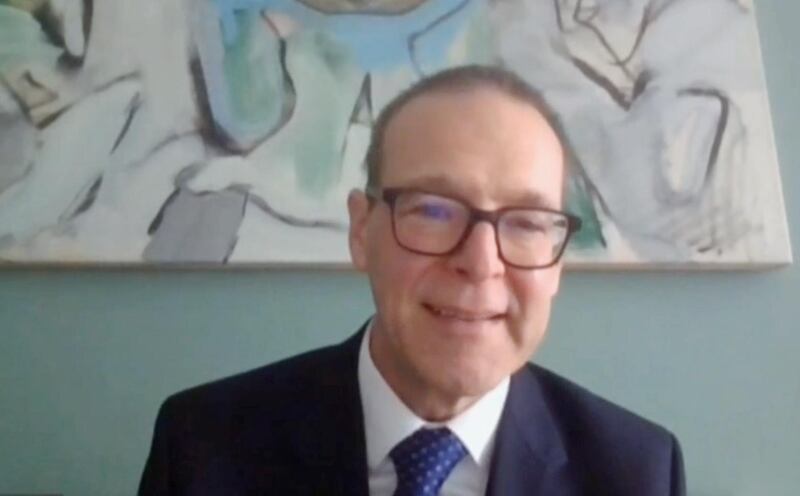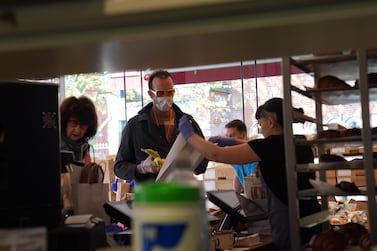While the exchanges that made the dry humour of the BBC classic Yes Minister were acerbic, there was underlying warmth and respect in the relationship between the supreme civil servant, Sir Humphrey and his minister Jim Hacker.
Four decades on the series is still seen as fair reflection of the key relationship in Whitehall – the elected politician and career administrator.
Not so anymore. A vendetta that has been years in the settling now dominates the corridors of power.
In the eyes of the hard Brexiteers now in government it was the civil service that had been the main obstacle in the way of achieving their dream. They claimed it was the mandarins during Theresa May premiership, who like Sir Humphrey, obfuscated, prevaricated and prevented Brexit from happening. Long and bitter were the complaints.
Then the Tories achieved a stunning 80-seat majority in the December 2019 general election.
The prime minister’s team were candid. There was to be radical reform. And it didn’t matter how many eggs were broken to make this omelette.
By far the most challenging department to run, the Home Office requires a deft handler as its permanent secretary or chief civil servant.
Sir Philip Rutnam was an old and experienced hand. The new Home Secretary was Priti Patel, a tough, uncompromising Brexiteer who had once advocated restoring the death penalty.
Ms Patel demanded reform and soon the pair fell out with Sir Philip resigning in February saying he had been victim of a “vicious and orchestrated” campaign against him. He is now the first of his rank to sue the government for constructive dismissal.
Then coronavirus struck and suddenly it was the civil servants who were in high demand for their planning and administrative skills. The briefing war against them abated. But then things started going wrong. Britain was too slow to lockdown and there were desperate shortages of ventilators and protective equipment.
Briefly the Downing Street briefing operation turned against the head of the civil service, Sir Mark Sedwill. The state machinery was failing to deliver and angry fingers were pointed at him.
As the current leadership vacuum grows, the attacks have intensified. Even the Foreign Office permanent secretary – usually seen as bulletproof – has taken hits. Sir Simon McDonald had labelled Downing Street’s choice not to join a European Union scheme to share medical equipment, including ventilators was a “political decision”.
His treatment was swift and brutal. Within hours Sir Simon was forced to issue a written retraction.
"That statement looked like it was written by someone taken hostage," said one observer. "You can almost hear him blinking in Morse Code while reading it."
It is hard to imagine Sir Humphrey tolerating such humiliation. Or his political masters demanding it.








